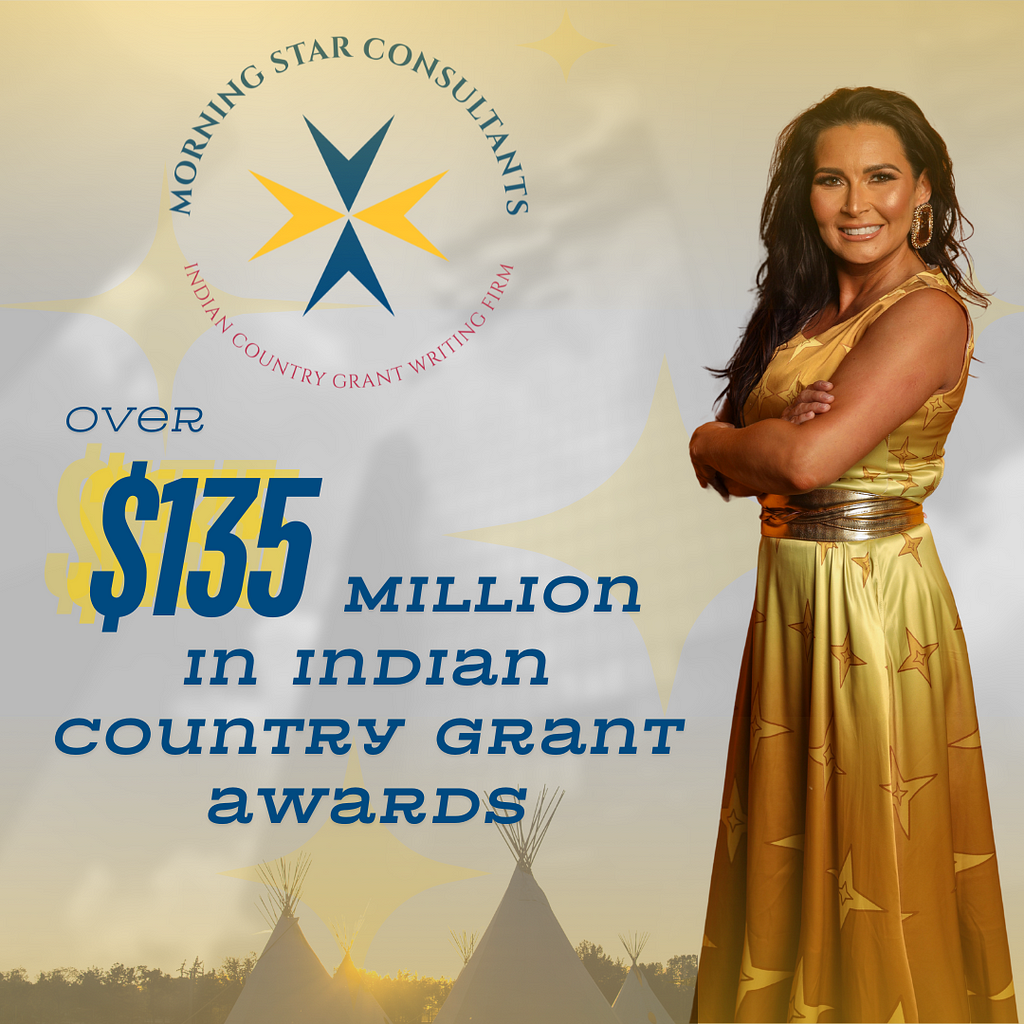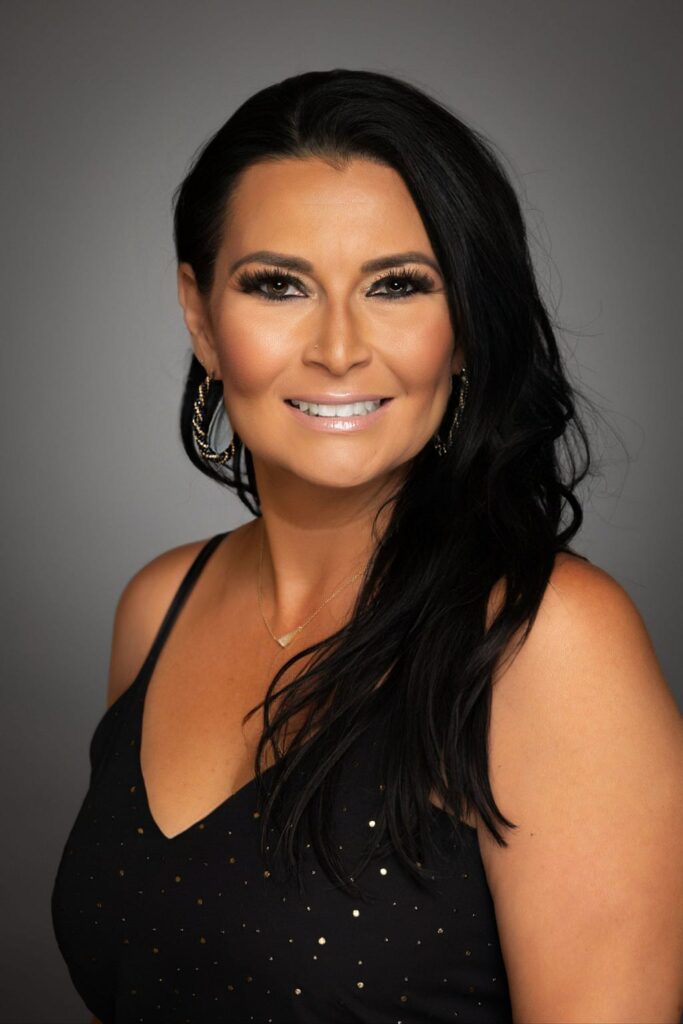An Interview With Pirie Jones Grossman
Builds Trust: Authenticity fosters trust. People feel safe when you show up as you are. When I speak from lived experience, clients and staff feel that truth and respond with openness.
In today’s dynamic world, the concept of leadership is continuously evolving. While traditional leadership models have often been male-dominated, there is a growing recognition of the unique strengths and perspectives that women bring to these roles. This series aims to explore how women can become more effective leaders by authentically embracing their femininity and innate strengths, rather than conforming to traditional male leadership styles. In this series, we are talking to successful women leaders, coaches, authors, and experts who can provide insights and personal stories on how embracing their inherent feminine qualities has enhanced their leadership abilities. As part of this series, we had the pleasure of interviewing
Brandi Liberty is the owner and CEO of The Luak Group, a premier tribal consulting firm dedicated to supporting Native communities through strategic planning, grant writing, and capacity building. An enrolled member of the Iowa Tribe of Kansas and Nebraska and a descendant of the United Houma Nation, Brandi has secured over $135 million in federal and state funding for projects serving Indian Country. She is a national speaker, published author, and monthly columnist for Verite News. With over 16 years of experience, Brandi is known for her authentic leadership, cultural integrity, and unwavering commitment to Indigenous empowerment.
Thank you so much for joining us in this interview series. Before we dive into our discussion about authentic, feminine leadership, our readers would love to “get to know you” a bit better. Can you share with us the backstory about what brought you to your specific career path?
Thank you for having me — it’s truly an honor. My path really started with my identity and deep connection to my Indigenous roots. I’m an enrolled member of the Iowa Tribe of Kansas and Nebraska and a descendant of the United Houma Nation. Growing up, I saw firsthand the inequities and systemic barriers Indigenous communities face. That awareness sparked a passion in me to do something meaningful. I started my career working in tribal housing, and over time, I recognized the broader need for technical assistance and capacity building across Indian Country. That’s how The Luak Group was born. It’s not just a business — it’s a mission to serve and support our people through grant writing, policy development, strategic planning, and training. Every day I wake up knowing that the work we do directly contributes to the betterment of Native communities.
Can you share the most interesting story that happened to you since you started your career?
One of the most powerful moments for me was when I was invited to be the keynote speaker for the Healing the Circle in Our Tribal Communities symposium hosted by the Seminole Tribe of Florida in 2019. It was a full-circle moment — being asked to speak about trauma, healing, and resilience in front of tribal leaders and community members. I was deeply humbled. Afterwards, a young woman came up to me in tears and said, “You gave me permission to heal.” That moment reminded me why I do what I do — our stories, our leadership, and our vulnerability matter more than we sometimes realize.
What do you think makes your company stand out? Can you share a story?
What sets The Luak Group apart is that we lead with cultural integrity. We don’t come into communities trying to change them; we work with them, honoring their traditions, values, and sovereignty. A great example was a project with a tribal housing authority that was facing HUD
compliance issues. Instead of just fixing the problem, we created a long-term plan that included culturally grounded training for their team. Not only did they get back into compliance, but they also began to thrive, launching new programs that met their community’s needs in a way that honored their identity. That’s the heart of what we do — empowerment over dependency.
You are a successful business leader. Which three character traits do you think were most instrumental to your success? Can you please share a story or example for each?
1. Persistence: I’ve faced many rejections in grant writing, especially early on. One tribe told me, “We’ll go with someone more experienced.” A year later, they came back after seeing our impact elsewhere. That same year, we secured $1.5 million in funding for them. I’ve learned to keep showing up.
2. Integrity: I never make promises I can’t keep. In this field, trust is everything. One time, a client asked me to write a grant I knew they didn’t have the capacity to manage. I advised them to wait a year and focus on infrastructure first. They appreciated my honesty, and when they were ready, we secured funding — and they were fully prepared to use it effectively.
3. Empathy: I lead with my heart. Whether I’m working with tribal leaders or interns, I take time to listen. Once, a young staff member confided that she felt overwhelmed. We created a mentorship plan, and a year later, she led her own team. Empathy is powerful leadership.
Leadership often entails making difficult decisions or hard choices between two apparently good paths. Can you share a story with us about a hard decision or choice you had to make as a leader? I’m curious to understand how these challenges have shaped your leadership.
A few years ago, I had to decide whether to take on a very large contract with a tribal organization that was experiencing internal conflict. The funding would’ve been significant, and the work aligned with our mission — but the environment was volatile. I chose to decline. It was hard, but I knew my team’s well-being and the integrity of our work had to come first. That decision reinforced my belief that leadership is not about taking every opportunity — it’s about taking the right ones.
Can you share a personal experience where embracing your unique leadership style, which might not align with traditional expectations, led to a significant positive impact in your organization or team?
Absolutely. I don’t lead with hierarchy — I lead with collaboration. In one instance, I brought together tribal staff from multiple departments to co-develop a strategic plan. Traditionally,
leadership might have been top-down, but by making space for everyone’s voice, we created a plan that was not only effective but embraced by the entire community. That collaborative style empowered the team to take ownership, and the results were long-lasting.
In your journey as a leader, how have you balanced demonstrating resilience, often seen as a masculine trait, with showing vulnerability, which is equally powerful, but typically feminine? Can you give an example where this balance created a meaningful difference?
When I was dealing with health challenges a few years ago, I was tempted to “power through” silently. But I chose to be honest with my team. I told them I needed to step back briefly and trust them to lead. That vulnerability created space for others to show up in their own strength. They not only rose to the occasion — they grew in confidence. I realized that vulnerability isn’t weakness — it’s trust, and that trust strengthens teams.
As a woman in leadership, how have you navigated and challenged gender stereotypes, especially in situations where traditional male-dominated approaches are the norm? What strategies have you employed to remain authentic to your style?
In many tribal and government spaces, I’ve had to assert my credibility in rooms full of men. Early in my career, I was often mistaken for the assistant. Instead of mimicking those around me, I leaned into what made me different — my cultural knowledge, my ability to listen deeply,
and my strategic thinking. I stay grounded in my values, and I speak with clarity and compassion. Over time, people recognize the strength in that authenticity.

How do you utilize emotional intelligence and active listening to create an inclusive environment in your team or organization? Could you share a specific instance where these qualities particularly enhanced team dynamics or performance?
Emotional intelligence is a cornerstone of my leadership. During a particularly challenging grant season, tensions were high, and burnout was real. Instead of pushing harder, I paused the work and brought the team together for a check-in — not just about deadlines, but about how they were feeling. That one hour of intentional listening shifted everything. Morale improved, communication opened up, and the work that followed was stronger and more cohesive.
What role has mentorship played in developing your authentic leadership style, and how do you communicate authentically to inspire and empower both your mentors and mentees?
Mentorship has been everything to me — both receiving and offering it. I’ve been fortunate to learn from Indigenous women leaders who showed me what it means to lead with wisdom and heart. I now mentor young Indigenous professionals, especially women, and I always encourage them to bring their full selves to the table. I don’t sugarcoat the challenges, but I also celebrate every win with them. Authenticity isn’t just in what I say — it’s in how I show up, consistently.
Can you please share “5 Ways Leading Authentically As A Woman Will Affect Your Leadership”?
1. Builds Trust: Authenticity fosters trust. People feel safe when you show up as you are. When I speak from lived experience, clients and staff feel that truth and respond with openness.
2. Encourages Innovation: When you’re not boxed into expectations, you’re free to lead creatively. My team knows they can bring bold ideas to the table because we don’t operate from fear — we lead with purpose.
3. Enhances Collaboration: Authentic leadership invites everyone to participate. It breaks down hierarchies and builds up communities.
4. Sustains Resilience: Being authentic means you’re aligned with your values, which helps you stay grounded in tough times. It’s how I’ve weathered burnout, loss, and uncertainty.
5. Inspires Others: When women see other women leading with heart, they feel empowered to do the same. Representation is transformational.
Are there potential pitfalls or challenges associated with being an empathetic leader? How can these be addressed?
Yes, empathy can lead to emotional fatigue if not managed well. Early in my career, I carried everyone’s burdens with me. Over time, I’ve learned to practice boundaries and self-care. Empathy doesn’t mean absorbing — it means understanding. By creating supportive systems and seeking peer support, I’ve found a healthier balance.
You are a person of great influence. If you could start a movement that would bring the most amount of good to the most amount of people, what would that be?
I would launch a national Indigenous Women’s Leadership Collective — bringing together women across tribal nations to mentor, collaborate, and lead initiatives in our communities. Indigenous women are the heart of our cultures, and our voices are powerful. Creating a space where we support each other would ripple out far beyond us.
How can our readers further follow you online?
You can follow me on Instagram @brandiliberty_ and LinkedIn under Brandi Liberty. I also write monthly for Verite News in New Orleans, where I share insights on Indigenous culture, leadership, and advocacy. And of course, you can visit us at www.theluakgroup.com to learn more about our work.
Thank you for the time you spent sharing these fantastic insights. We wish you only continued success in your great work!
Leading with Heart: Brandi Liberty Of The Luak Group On Authentic Women’s Leadership was originally published in Authority Magazine on Medium, where people are continuing the conversation by highlighting and responding to this story.
